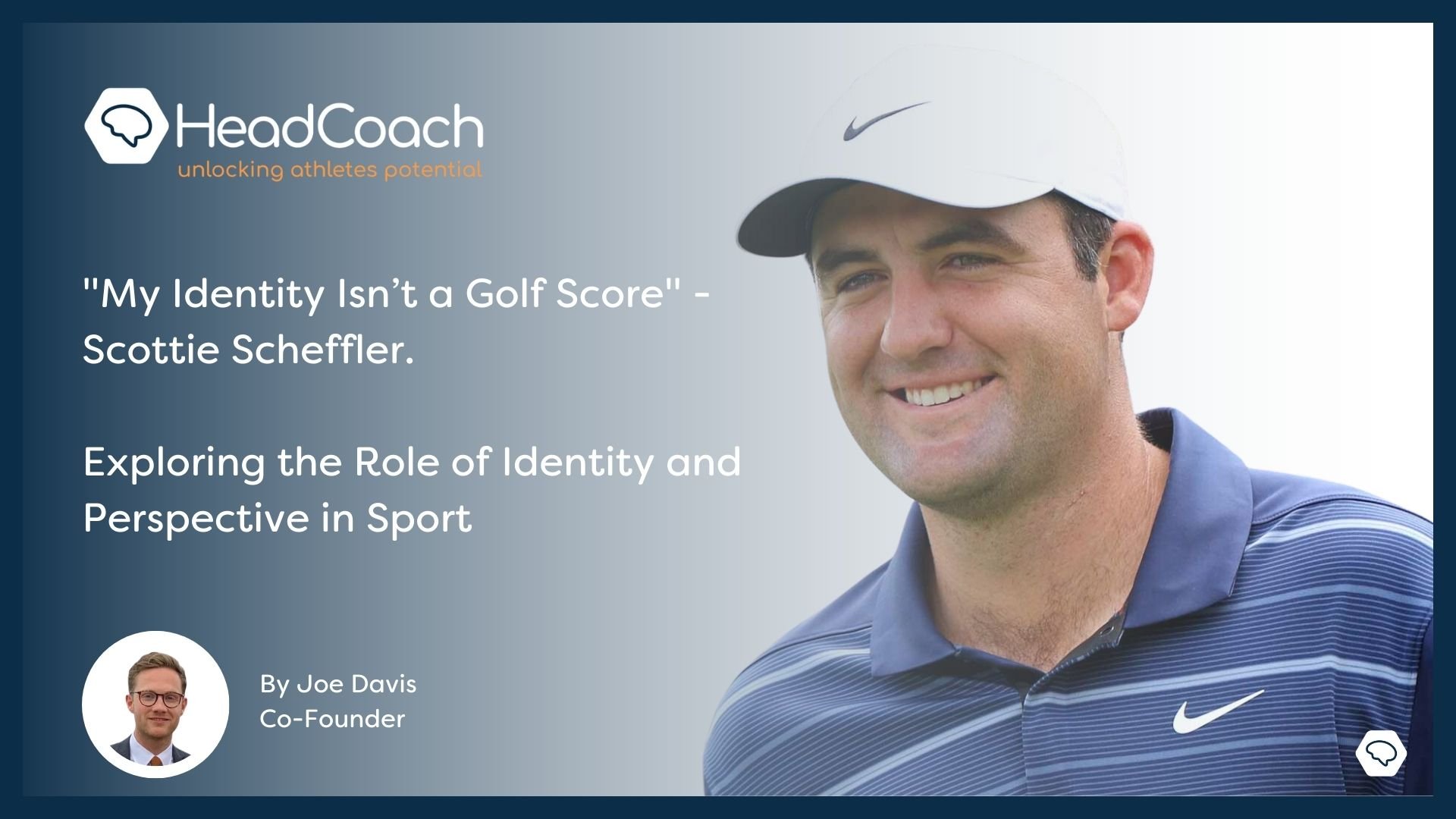Jim Loehr, the renowned American sport psychologist, recently spoke on a podcast about one of the most powerful exercises he has used over the years to help athletes change their perspective on life and reevaluate what really matters to them. He called it the Tombstone exercise and it involves asking performers to write down six or eight words that they’d like inscribed on their tombstone. The aim is for the words to truly reflect who they were when they were here.
So many athletes’ identity is defined by them as an athlete - and their success and happiness in life is tied to how many medals, trophies, or paychecks they win within their sport.
Loehr’s exercise was created to help performers alter this narrative and understand that their identity has different strands to it. It enables people to open their eyes to who they actually are as a person and how they would like to live their life. Instead of being defined by wins, medals, or trophies, an athlete might start to realise that what really matters is being kind, caring, loving, and hard-working. Research has shown that living a values-led life can actually help people perform under pressure, too.
Listening to Loehr’s podcast reminded me of an interview done by the world’s number 1 golfer, Scottie Scheffler after he won the Masters in 2022.
When Scheffler was asked by a reporter how he balances his desire to golf competitively without letting it define him as a person, he said, "my identity isn't a golf score,". What he meant was that his worth as a person goes beyond his performance as a professional golfer. In this statement, he is emphasizing the importance of not defining himself solely by his success or failure on the golf course.
For professional athletes, especially those competing at an elite level like Scottie Scheffler in golf, it's common for their identity to become closely tied to their sport. They can feel immense pressure to perform well, and their self-worth may fluctuate based on their results. This can lead to emotional highs and lows, impacting their mental wellbeing.
By stating that his identity isn't a golf score, Scheffler is making a broader statement about the importance of maintaining a balanced perspective on life. This mindset can lead to greater wellbeing, improved performance, and a healthier approach to his professional and personal life.
Although the Scottie Scheffler example involved him responding to a reporter, this narrative will swirl round his mind. It will form a part of his inner voice, or self-talk, and guide him through difficult moments. Self-talk is a skill we can all develop, and at HeadCoach, we help athletes and coaches build it to enhance their confidence, performance and wellbeing.
Like Loehr’s Tombstone exercise and Scheffler’s mindset, our goal at HeadCoach is to help athletes and coaches understand that there are different ways to pursue high performance and sustain wellbeing. Our mission is to help individuals become well-rounded human beings building the mental, emotional, and social skills necessary to thrive.





Leave a Comment